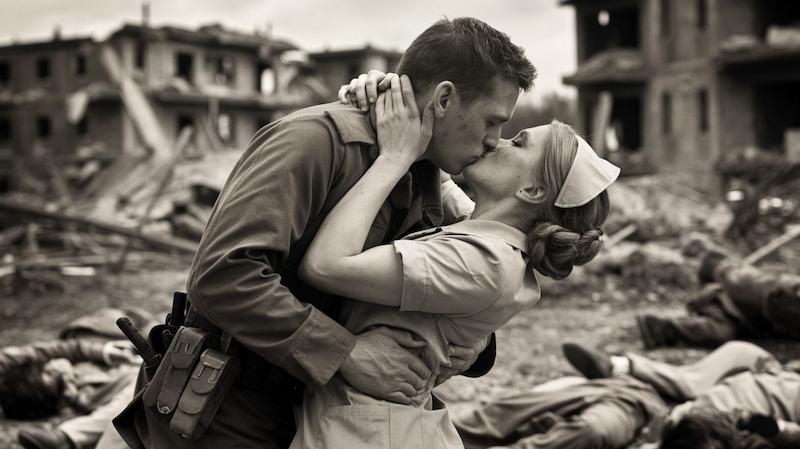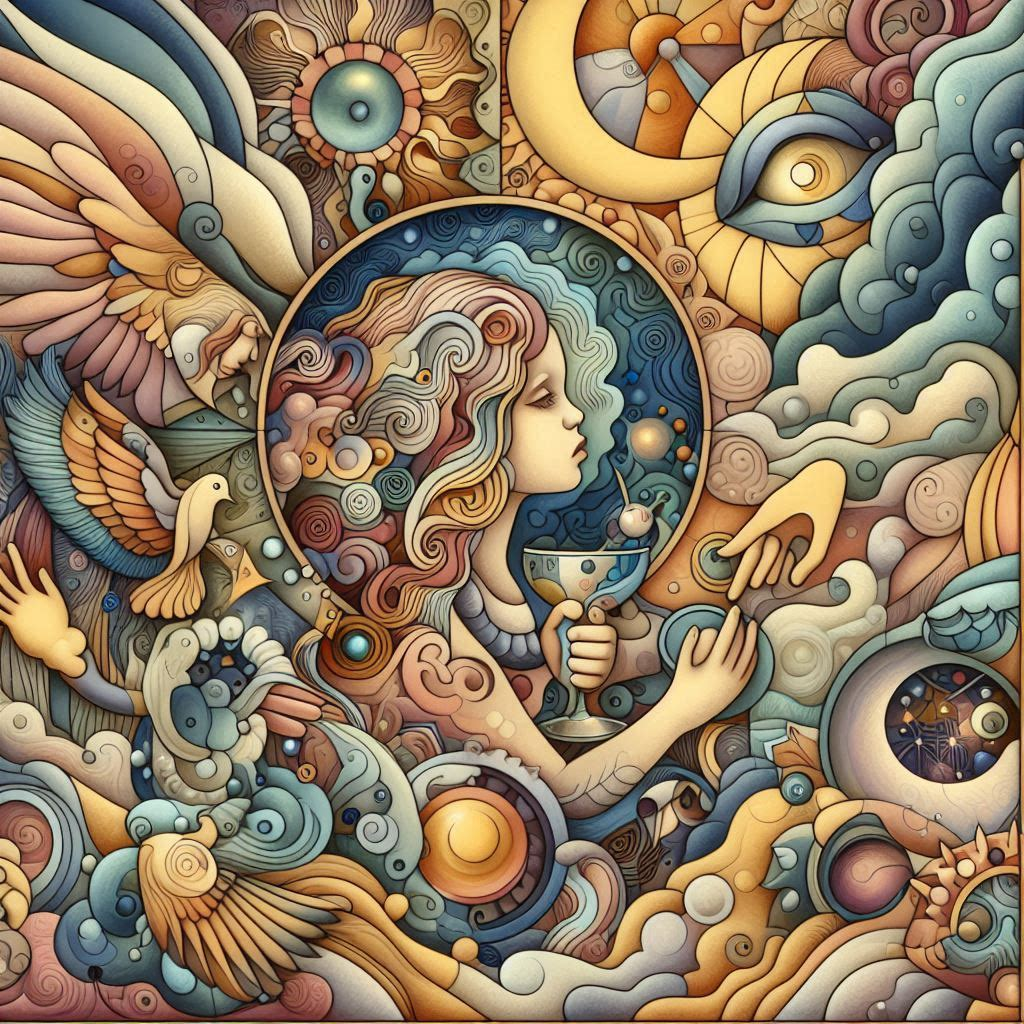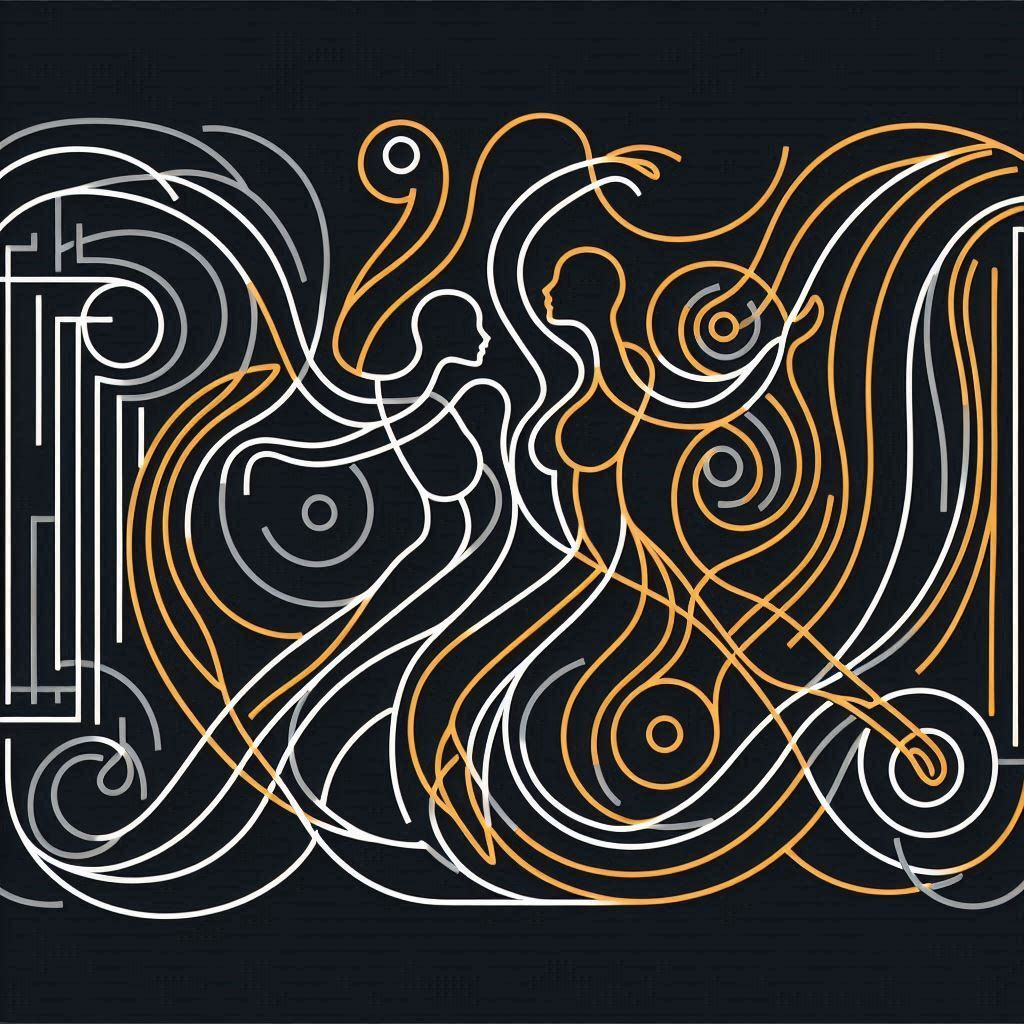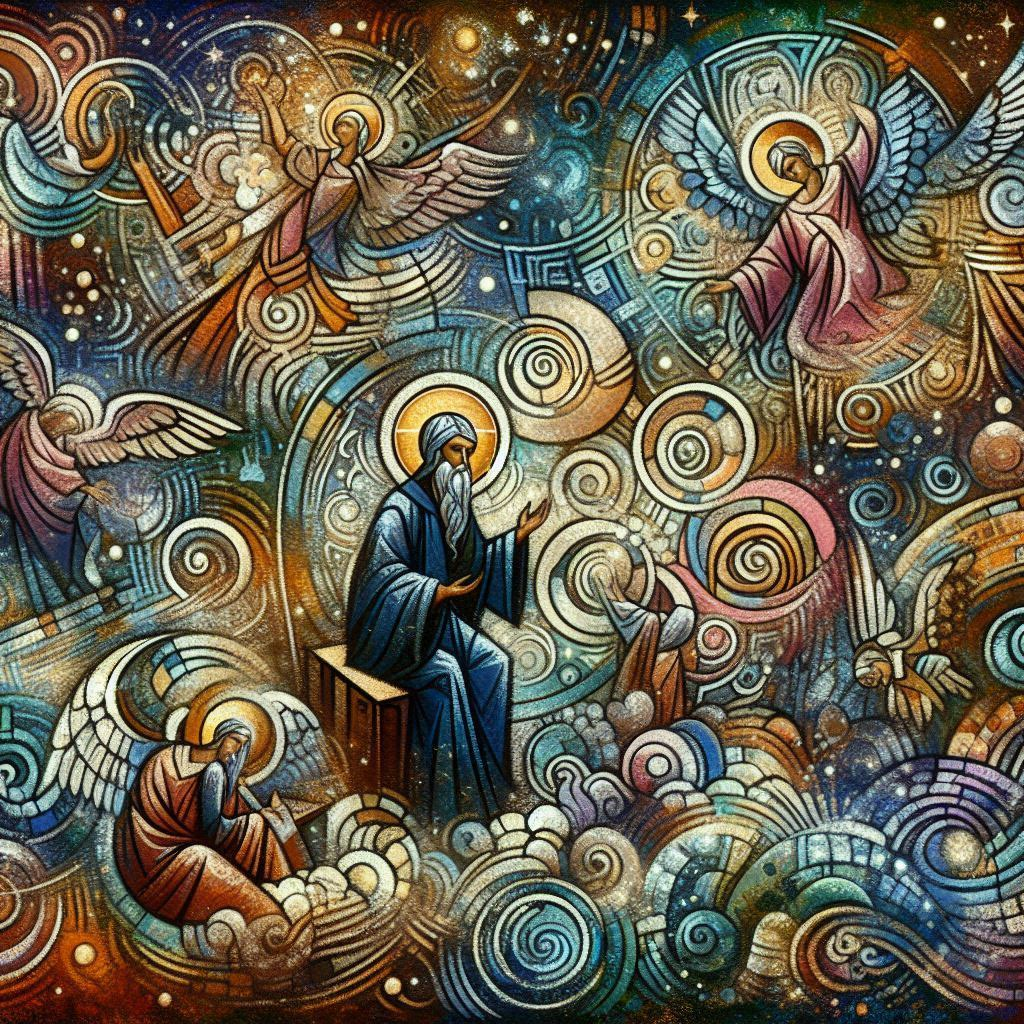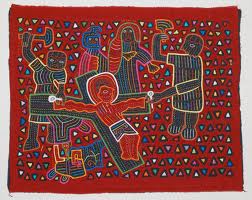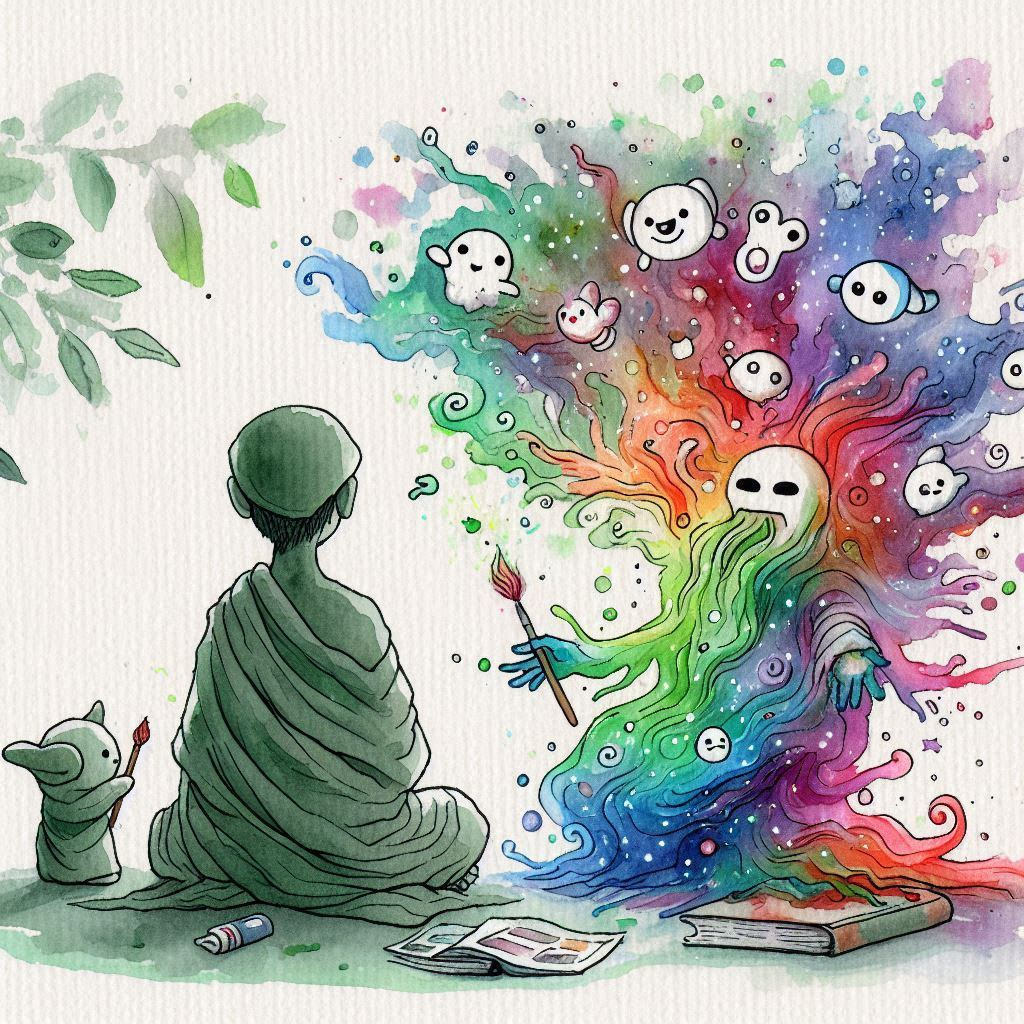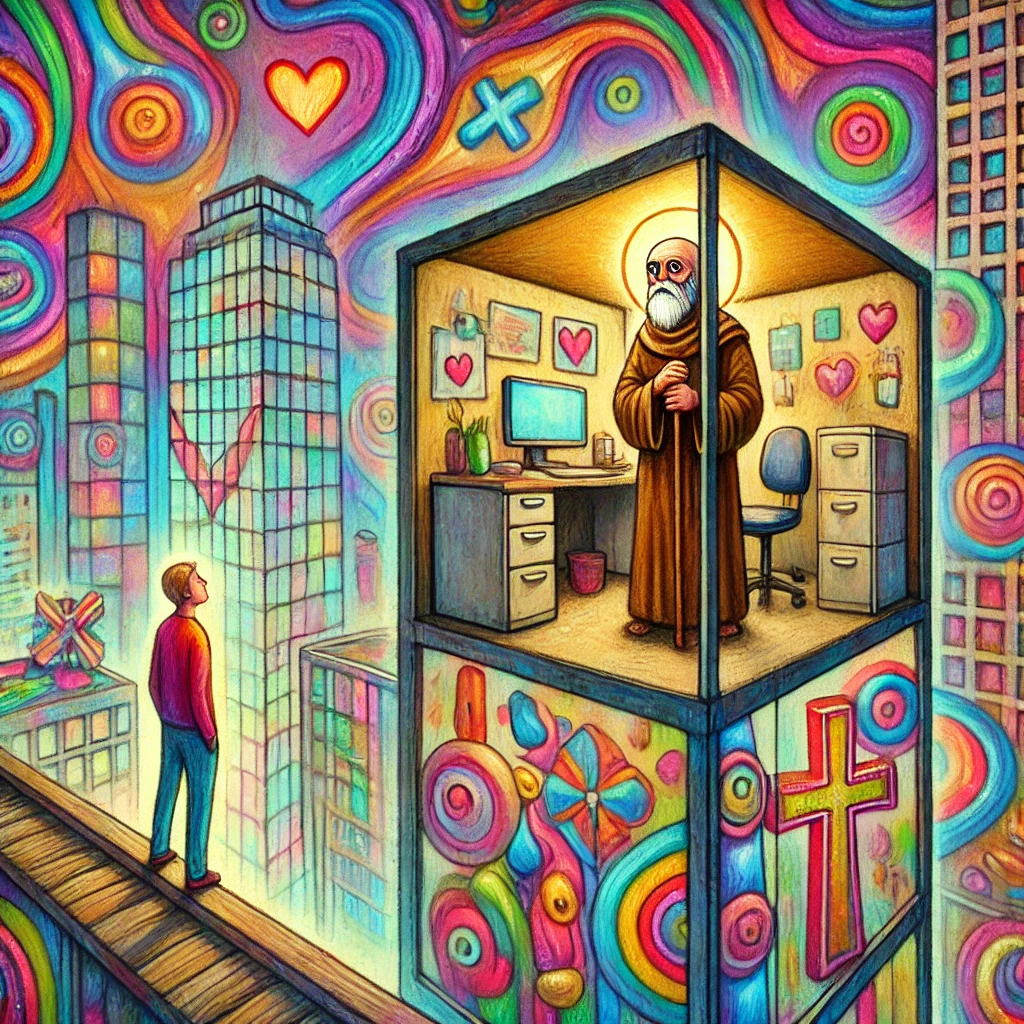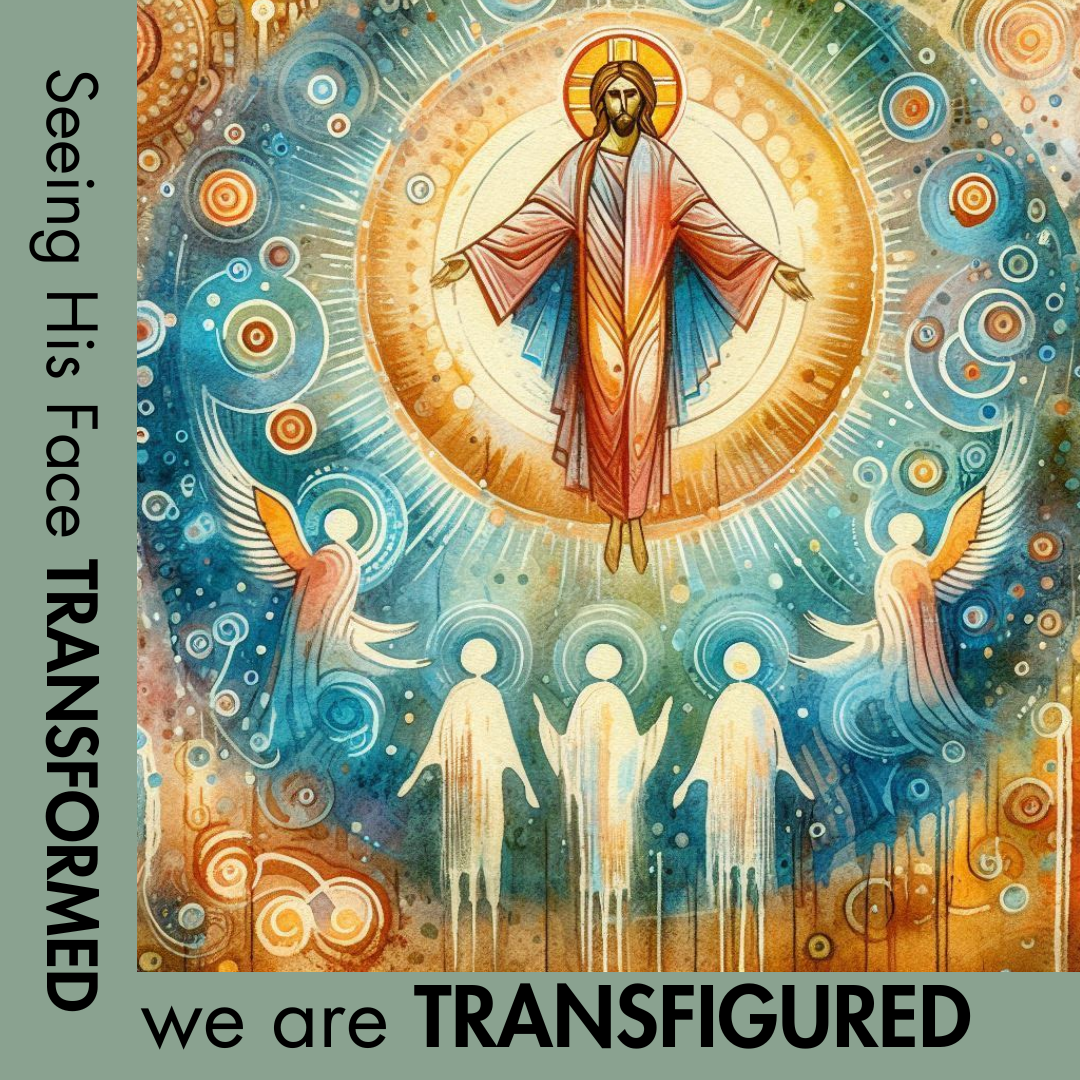From the cubicle on the 79th floor, where @Mossymonk86 resided, the world outside seemed distant, but its influence seeped through the walls, carried by the faint hum of the office around him. The walls of his cell were adorned with scrawled aphorisms, written in a hand that trembled with both conviction and uncertainty. Here, the anchorite contemplated the mysteries of existence, far above the frantic scramble below.
One day, a Seeker, burdened by the weight of the world’s labels, came to visit Mossymonk86. The Seeker was a soul divided, torn between identities that clamored for recognition yet felt fragmented in their pursuit of wholeness. She had spent years navigating the maze of societal expectations, trying to reconcile the multitude of identities thrust upon her by others and those she claimed as her own.
“Father,” she began, her voice hesitant, “I am many things—a woman, a daughter, an artist, and a voice for those who have none. Yet, I feel as though I am none of these things. My identities, which I once held dear, each precious to me in turn, now seem to confine me. I am fractured, splintered into pieces, each part of myself demanding to be heard, but none able to sing in harmony.”
Mossymonk86, his eyes soft with understanding, nodded. “Child, you are not alone in this struggle. The world is eager to divide us, to categorize and label, to fragment the self until we are but a cacophony of voices within our own soul. But take heart! It is in this very fragmentation that grace begins its quiet work.”
The Seeker, puzzled, asked, “But how can grace work in the midst of such brokenness? How can I find unity when I am so divided?”
The monk smiled, a gentle, knowing smile. “Identity, my dear one, is not a fixed thing. It is not merely the sum of our parts. It isn’t just a recitation of the labels we have, or the labels we’ve worn. It is an emergent reality, a dynamic and complex feature of our being. Just as a symphony is not merely a collection of notes, but a living, breathing whole, so too is your identity. It is integrative, narrative, and collective—a story that is ever-unfolding, ever-becoming.”
The Seeker pondered these words, her brow furrowed in thought. “But the world demands that I narrow my focus, and define myself in rigid terms. How can I reconcile the myriad parts of myself with the pressure to conform? With all the competing obligations and expectations that are heaped upon me?”
Mossymonk86 took a deep breath, as if drawing strength from the very air around him. “The world will always demand. It will tribalize, it will pit one identity against another, to create divisions where none should exist. But you, child: stay rooted a the deeper vision. Never forget how fully you are beloved. Enter into the discourse freely and joyfully, and do not be confined by it, but to break it open by the force of the freedom of your belovedness. And take what is fragmented — indeed, what you yourself break along the way! — and to offer it up to the One who makes all things whole.”
The Seeker’s eyes widened as she began to understand. “You speak of a unity that transcends the divisions imposed upon us.”
“Yes indeed,” the monk replied, his voice firm yet tender. “Not the divisions only, but the distinctions also. Our destiny is to be healed, united, and transfigured, all. Reconciliation is the end goal—the vision of a world where there is neither Jew nor Greek, slave nor free, male nor female. A world where people of every nation, tribe, and tongue gather in harmonious ecstasy around what is True, Beautiful, and Good. In this vision, your identity is not erased, but fulfilled. It is not about denying the parts of yourself, but about seeing them as part of a greater whole—a whole that is found in the embrace of Christ.”
The Seeker, feeling a sense of deep peace descend upon her for the first time in years, asked, “But how do I live this out? How do I navigate a world that is so quick to judge, so eager to divide?”
Mossymonk86 gazed at her with a compassion that seemed to encompass the whole of creation. “Live with kindness and respect for all. Affirm what you can, forgive what you can’t, and always, always operate with love. Know that your identity is not something to be feared, but something to be embraced—an identity that is ever being made whole in the light of the Divine.”
Her heart lightened, the Seeker thanked the monk and prepared to leave. But before she departed, she asked one final question, “And what of those who reject this vision, who cling to their identities as weapons, dividing rather than uniting?”
Mossymonk86 sighed, a sigh holding both sorrow and hope. “There will always be those who reject what they do not understand. But remember this: even in their rejection, they are still beloved. And it is our task to love them, to pray for them, and to hold fast to the vision of reconciliation, even when the world seems intent on division. For in the end, it is not our identities that define us, but the love with which we live.”
The Seeker paused, her mind now wandering beyond her own interior struggles, considering the wider world. “But Father,” she asked, “how do we bring this vision into our communities, into our societies? How do we build a world where such reconciliation is not just a personal journey, but a shared reality?”
Mossymonk86 looked out the window, toward the city below, with its endless bustle and noise. “Child, the journey toward reconciliation begins within, but it necessarily flows outward. Consider the mustard seed, of which our Lord spoke. From growing itself of itself in its deep and indivisible unity with All That Is, it becomes a place where all the birds of the air make their nests. Our identities are not just personal truths; they are woven into the fabric of our families, our communities, and indeed, all of creation. Our task is to imagine a world as verdant as Eden’s garden, full of every kind of fruit bearing tree, each bearing fruit after its kind; where the flourishing of each contributes to the flourishing of all.”
“We cannot accomplish this work,” he continued: “it is in our nature in this fallen world to be at enmity with each other. Yet Christ has accomplished the unity of pitiable Adam, long subject to corruption and decay, for as we gather as redeemed sinners at the foot of the Cross, all that we are is both received and transcended. Standing on this ground, we can engage in the hard work of dialogue as a kind of play, listening to those who are different from us, and standing in solidarity with the marginalized: temporarily and partially embodying the love and delight that God has for them that is infinite and irrepressible. It also means engaging the powers and principalities that govern this darksome world; challenging systems of oppression that degrade and dehumanize dear image bearers of God, for whom Christ shed His most precious blood, and working toward the justice that will enable all to find their place in the world. The fragmentation you feel in your person is mirrored in our world, and the healing you seek within yourself is the same healing our world desperately needs.”
The Seeker nodded, understanding that her personal journey was part of a larger narrative. “So, our identities, though personal, are also political. They are tied to the structures and systems that shape our lives.”
“Exactly,” Mossymonk86 affirmed. “And in that lies both the challenge and the hope. As we groan toward our own wholeness, we grown also toward the wholeness of our communities, our societies, our world: and as best we are able, we work towards both. True reconciliation is not just an individual process, but a collective one. It is the hope of a world where love, justice, and peace reign supreme.”
And with that, the Seeker departed, the fissures of her soul glowing with a kindlier light, and beginning to see a faint glimmer of unity, not just within herself, but in the world around her. She left the monk’s cubicle with a renewed sense of purpose, ready to engage with the world in a way that was both deeply personal and profoundly social.


